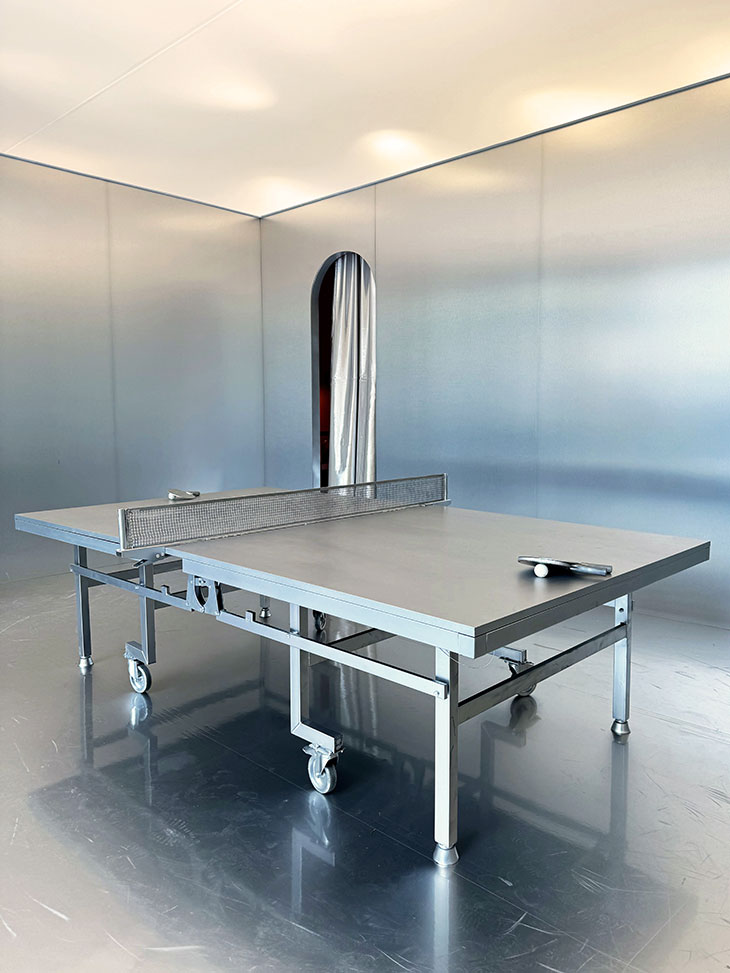
Project Room #14 showcases a unique collaboration between multi-disciplinary artist Harry Nuriev, founder of Crosby Studios, and renowned designer India Mahdavi. In anticipation of the upcoming Summer Olympic Games in Paris, Mahdavi invited Nuriev to reimagine a ping-pong room, expanding the Project Room’s theme of domestic experimentation by exploring play and exercise as integral parts of home life.
DESIGN
Ping-pong, whether played as a game or sport, privately or publicly, bridges generations and brings people together, evoking childhood memories and feelings of joy, fun, and competitiveness. Project Room #14 serves as a modern-day parlour, addressing table tennis from both spatial and social perspectives. It reconnects with the game’s origins by dedicating an interior space to physical activity while also inviting the outdoors inside. Nuriev’s bold vision covers the entire room—including the walls, table, and rackets—in reflective silver surfaces, creating a mirrored spatial experience that blurs the lines between interior and exterior.
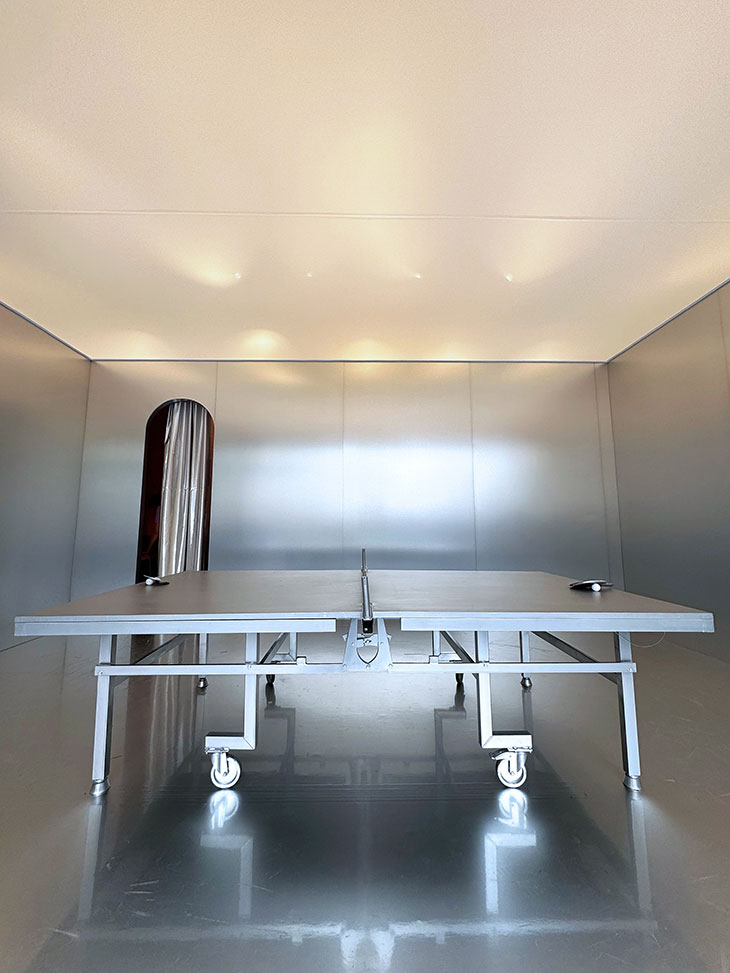
India Mahdavi explained that this project is about domesticity in a broad sense and serves as a platform for free expression. She wanted to celebrate the Olympics in a unique way, marking the centenary since the last Paris Olympics. The collaboration between Mahdavi and Nuriev was serendipitous, stemming from a spontaneous meeting at an opening where they clicked instantly.
“I wanted to not only invite Harry but also create a space that is interactive and social. People can reserve the room, come play, meet others, and enjoy the space. I proposed the idea of a ping-pong room to Harry, and he responded very spontaneously, which was great. It felt like we were playing ping-pong with ideas, and the result is really beautiful,” Mahdavi shared.
View this post on Instagram
Nuriev embraced the project with enthusiasm, finding it intellectually stimulating and fun. He aimed to create something for Parisians and the Saint-Germain-des-Pres crowd, transforming the ping-pong room into a public recreation project for everyone, not just the design community. He sourced a used ping-pong table, turning it into a functional art piece that could double as a dining table, showcasing the rare moment when a sports object relates to a design object. I didn’t want to just bring my world; I want to respond to India’s world – bring my alphabet and her alphabet together and create this nice sentence,” he said.
The reflective silver surfaces were a deliberate choice for Nuriev, who views silver as the color of the future because it reflects everything around it, creating a dynamic interplay with its surroundings. “I love to play with digital aesthetics and bring them into real life,” says Nuriev.
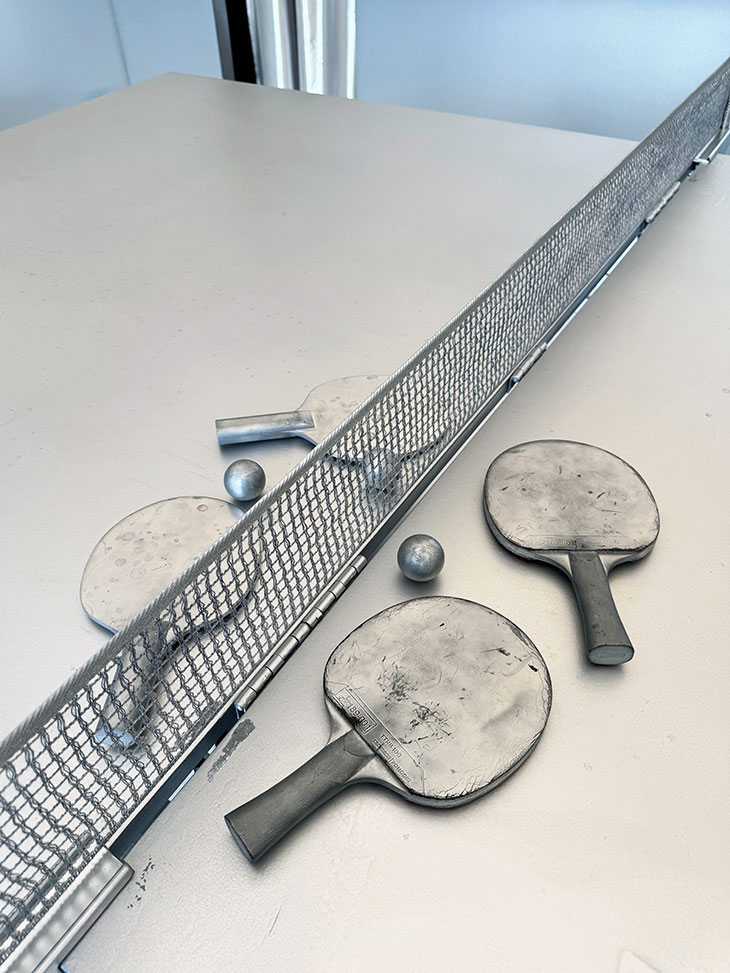
The light ceiling, a hallmark of Nuriev’s work, adds to the ethereal and tangible feel of the space, making one feel as if living in a digital rendering. “It’s not just about looking at it. You’re moving, so you feel your body, and at the same time, you’re in an image. The ceiling is like a TV screen. So you can watch it, and you can enter from outside as a visitor,” Mahdavi noted. “I love that this space punctuates the end of the street here. You have this very long view, and it’s like an image, a window on the street,” she added.
Project Room #14 transforms the room into a public space, inviting visitors to experience it between 2 PM and 7 PM. It highlights the interactive and social aspect of the installation, where people can reserve the room, play, meet others, and enjoy the space. This setup emphasizes the joy and camaraderie of playing rather than the competitiveness, aligning with the project’s overall theme. “We’re not here to win. We’re here to interact,” Mahdavi concludes, capturing the essence of Project Room #14 as a space for connection and engagement.
Harry Nuriev is not concerned about the potential wear and tear on the ping-pong table. Rather than worrying about damage, he is more interested in observing how the table will be used and how it will evolve over time with interaction, viewing it as a living element within the space.
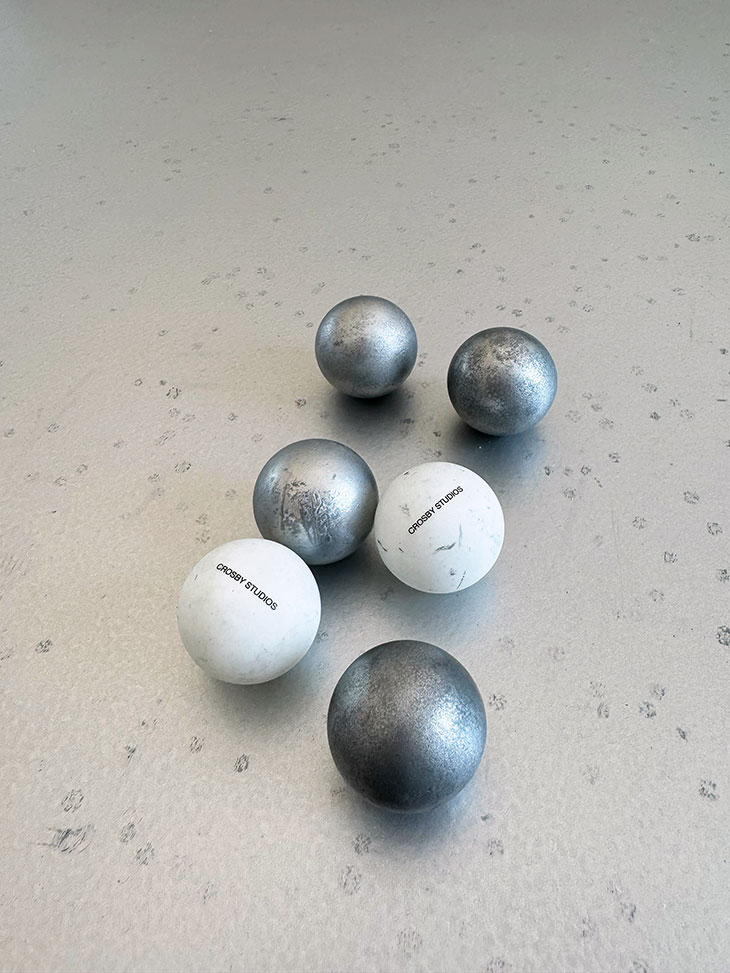
Project Room #14 by Harry Nuriev and India Mahdavi is an interactive experience that celebrates the convergence of sport, design, and social engagement. This innovative ping-pong room invites visitors to play, connect, and reflect, making it a standout feature of Men’s Paris Fashion Week and a nod to the upcoming Olympic Games.
Project Room is a space programmed by India Mahdavi and conceived for free expression and collaboration. It invites, produces, and exhibits works, merging talents and crafts while instigating conversations with designers across various spectrums through installations, décors, models, screenings, performances, lectures, and meetings. Project Room regenerates four times a year with free access.
Harry Nuriev, born in 1984, is a New York and Paris-based artist, architect, and furniture designer. He founded Crosby Studios, an interior architecture and design firm, in 2014. Recognized as a pioneering voice in minimalistic design, Nuriev is known for his transformative approach, which infuses existing objects and materials with novel aesthetic qualities to transcend their traditional uses. His work spans public spaces, private residences, retail stores, product design, and immersive installations.
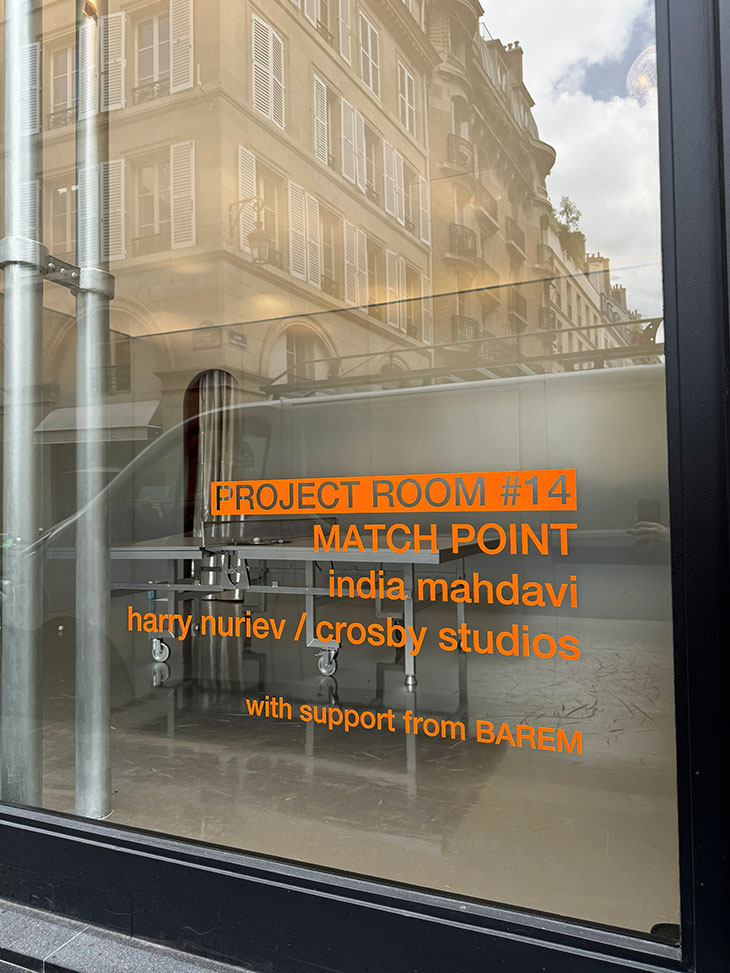
The ping-pong room by Harry Nuriev and India Mahdavi will be open to the public from June 22nd to August 2nd, 2024, Monday to Saturday, from 2 PM to 7 PM. Playing is free and on a first-come, first-served basis, making it a welcoming space for all to enjoy.
Keep up with Harry Nuriev and Crosby Studios on Instagram – @harrynuriev @crosbystudios
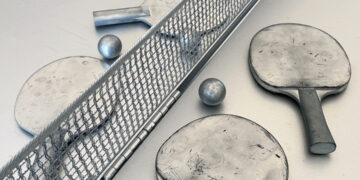













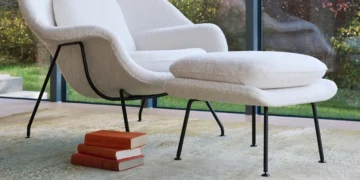
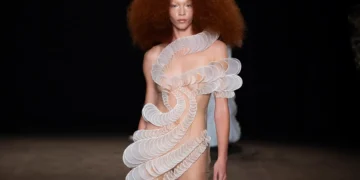
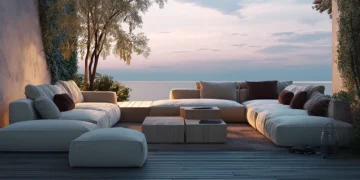



this is so cool! I love Harry Nuriev, in paris for the Olympics, do you know if the exhibition will be open during the Olympiade ?